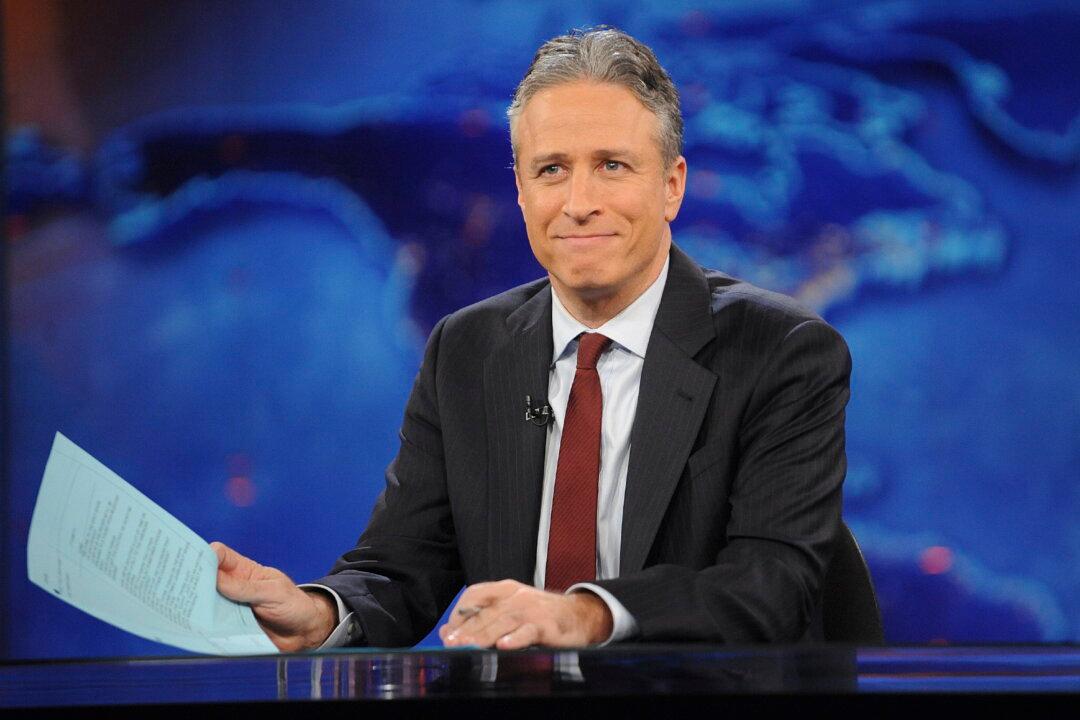Commentary
There could have been no more clear signal in these troubled times that, when it comes to culture, large parts of English Canada are interoperable with America.

There could have been no more clear signal in these troubled times that, when it comes to culture, large parts of English Canada are interoperable with America.